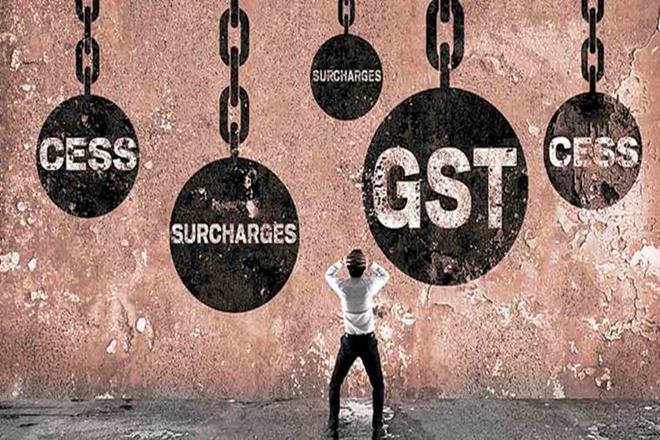For steel, fertilisers, other sectors’ sake, natural gas must be brought under GST
The Financial Express
By Rajeev Dimri
January 4, 2017 6:23 AM
The introduction of GST in India is expected to repaint the picture of the Indian economy and facilitate the ease of doing business by minimising inefficiencies in the existing tax regime.

While each of these items are essential in view of their own peculiar uses, this article focuses on natural gas and its interplay with GST.
The introduction of GST in India is expected to repaint the picture of the Indian economy and facilitate the ease of doing business by minimising inefficiencies in the existing tax regime. With intense discussions in the GST Council meetings, efforts are underway to put together a comprehensive framework for this new regime. While the country would largely move into the new tax regime in 2017, certain pockets of the economy would continue to survive in the existing tax regime. Identified petroleum products, i.e., petroleum crude, motor spirit, air turbine fuel, high speed diesel and natural gas would continue to attract levy of existing taxes until GST Council recommends their inclusion.
These products are essential to the country’s economic fabric as they have a direct co-relation with inflation trajectory and economic activity. These items are also crucial in the context of energy security of the country. While each of these items are essential in view of their own peculiar uses, this article focuses on natural gas and its interplay with GST.
Unlike in the case of other fuels, natural gas is one of the least-polluting sources of energy and is largely used as industrial input in several manufacturing sectors such as steel, cement, glass, chemical and fertilisers. The VAT applicable on natural gas can be offset against the output VAT liability of these manufacturers. However, under the proposed GST regime, while finished manufactured products would be subject to levy of GST, natural gas would continue to attract the levy of VAT. As a consequence, no credits against taxes paid on procurement of natural gas would be available; this would lead to a cascading effect in taxation and result in an increase of costs for such manufacturers. Thus, the pricing of their respective outputs will be impacted. The cost pressures would be particularly acute in the case of industries such as fertilisers where prices are controlled.
While it is best to include natural gas in the GST regime at the inception, it is also important to levy low rates of GST. The aspects relating to existing end-use-based exemptions from additional duties of customs for electricity-generating companies and fertiliser manufacturers, low rate of VAT by some states under the gas-pooling scheme of the Union government ought to be considered. As evident, non-inclusion of natural gas in the GST regime would lead to inefficiencies across several sectors in India. This would be further accentuated by an increase in demand of natural gas in India—expected to significantly rise in the next five-10 years. While there can be several mechanisms for reducing the cascading effect of taxes, the government needs to be cognizant of the trade-off between total exclusion of these products from GST vis-à-vis a partial or full inclusion under GST. A full-scale integration of natural gas into the GST regime at a low rate should be an effective and appropriate tax policy in this regard.
India has historically struggled in maintaining revenue sources for the Union and state governments, and it is this fear of loss of revenue by both (especially states) because of which existing taxes are expected to continue on identified petroleum products. However, introduction of GST gives India a chance to reconfigure and realign its tax regime with appropriate tax policies rather than those based purely on revenue considerations.
With inputs from Saurabh Kanchan, director, and Siddharth Tandon, associate director, BMR & Associates LLP The author is leader (indirect tax), BMR & Associates LLP.